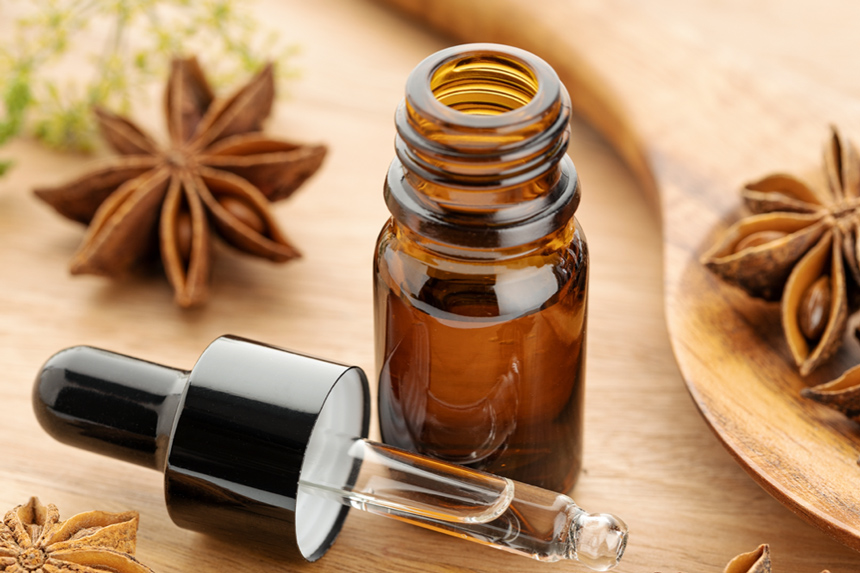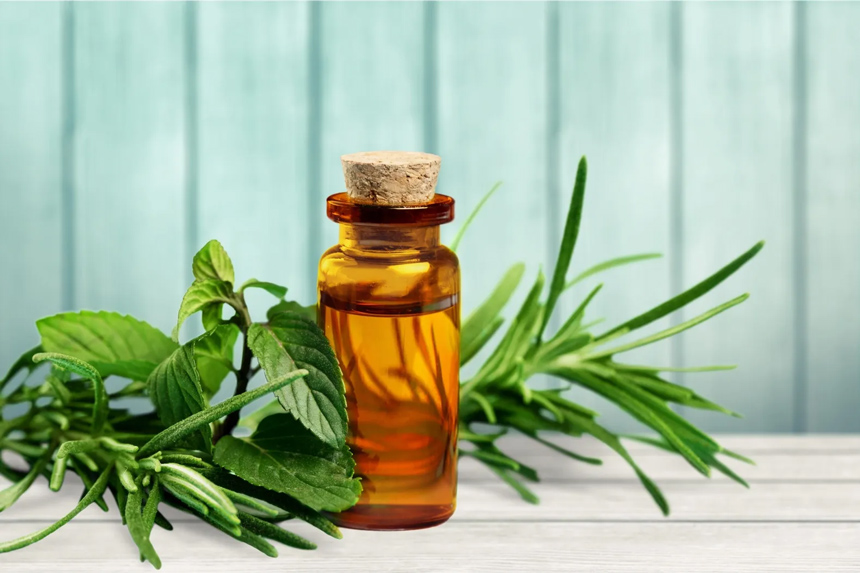Anise Oil

Anise oil, derived from the pimpinella anisum plant, is recognized for its ability to smother and kill lice. A significant study in 2018 pinpointed anise oil as one of the top natural solutions for eradicating lice, especially in children. Unlike other herbal treatments, anise oil can potentially remove lice altogether, reducing the chances of a reinfestation significantly. However, it’s important to note that while promising, additional research is required to fully endorse anise oil as a safe and effective remedy for everyone. [3]
The efficacy of anise oil could be attributed to its strong aroma and the oil’s ability to coat the lice, disrupting their ability to survive. Considering anise oil’s use in traditional medicine for various ailments, its role in lice treatment adds to its portfolio of benefits. Nonetheless, as with any remedy, individuals are advised to conduct a patch test before full application to avoid adverse reactions.
Tea Tree Oil

Tea tree oil, valued for its antimicrobial properties, has been tested against lice in various studies. A noteworthy 2018 trial found a treatment combining tea tree with lemon eucalyptus oils to be over twice as effective as another common lice treatment. This points to tea tree oil’s potential as a formidable option against head lice. However, further research remains necessary, especially to determine the most effective concentrations and applications for lice treatment. [4]
The caution around tea tree oil use primarily concerns its potential to irritate the skin, necessitating a patch test before comprehensive application. Despite this, its efficacy against lice, coupled with its benefits for skin health, makes tea tree oil a popular choice among those looking for natural remedies.





